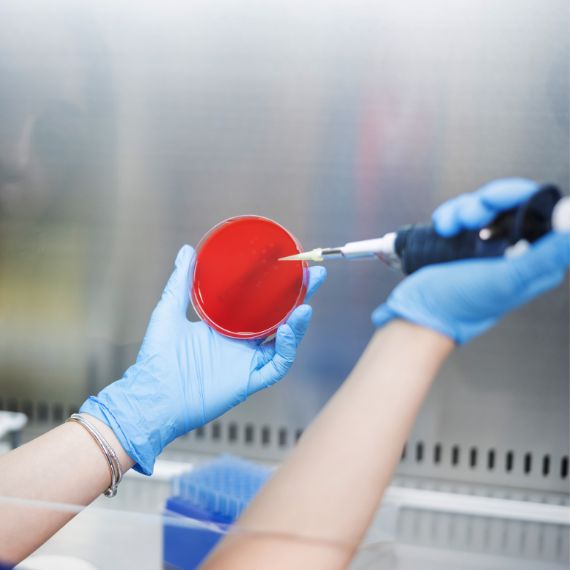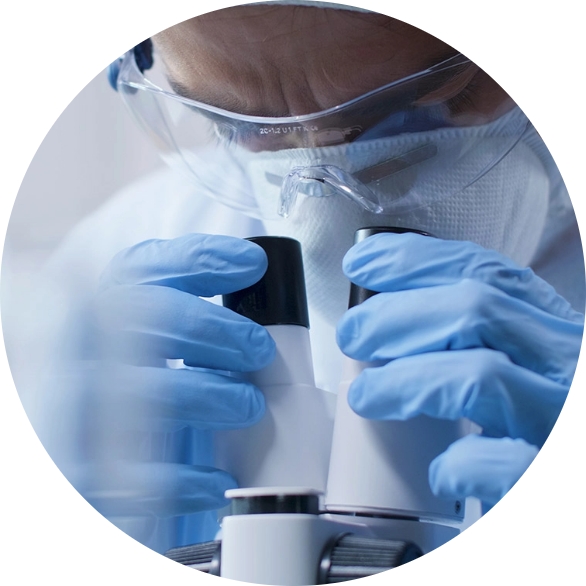What is microbiological testing?
Microbiological testing is the process of detecting the presence of microorganisms in semen. It’s crucial to test for both aerobic and anaerobic microorganisms, as well as other pathogens such as Ureaplasma urealyticum, Mycoplasma hominis, Chlamydia trachomatis, fungi, Trichomonas, and Neisseria gonorrhoeae. This is done using both classical techniques and advanced molecular methods like PCR.

Why is this examination important?
The presence of pathogenic microorganisms in semen can lead to inflammation, which is harmful to sperm health. Left untreated, these microorganisms can significantly reduce both the quantity and quality of sperm. Additionally, they can be transmitted between partners, potentially causing further complications.
How is it performed?
A small semen sample is required for testing. Before collection, it’s essential to thoroughly wash your hands and the genital area to minimize microbial contamination. Care should be taken to avoid contact between the skin (of the hands or penis) and the inside of the sterile container, as millions of microbes naturally reside on the skin and must not be introduced into the sample.
The semen is then placed in specialized culture media to observe the growth of any pathogens. A negative result, indicating no microorganisms are present, is the desired outcome.

Who should undergo this test?
Accompanying a semen analysis with a comprehensive semen culture is often advisable, as many microorganisms may not cause noticeable symptoms. This examination is especially important if:
- You experience mild to severe symptoms, such as genital pain, pain during ejaculation, blood in the semen (hematospermia), itching, difficulty urinating, or frequent urination.
- You have had contact with someone who carries any of the aforementioned microbes.
- You are considering sperm cryopreservation.
- You are being prepared for assisted reproductive treatment (e.g., intrauterine insemination, classical IVF, or ICSI).
- White blood cells are detected in your semen.

Is there treatment available?
Microorganisms can be effectively treated with the appropriate medication prescribed by your healthcare provider. It is crucial to follow the prescribed treatment regimen precisely, including the correct dosage and duration. During this period, it’s important to engage in protected sexual intercourse.